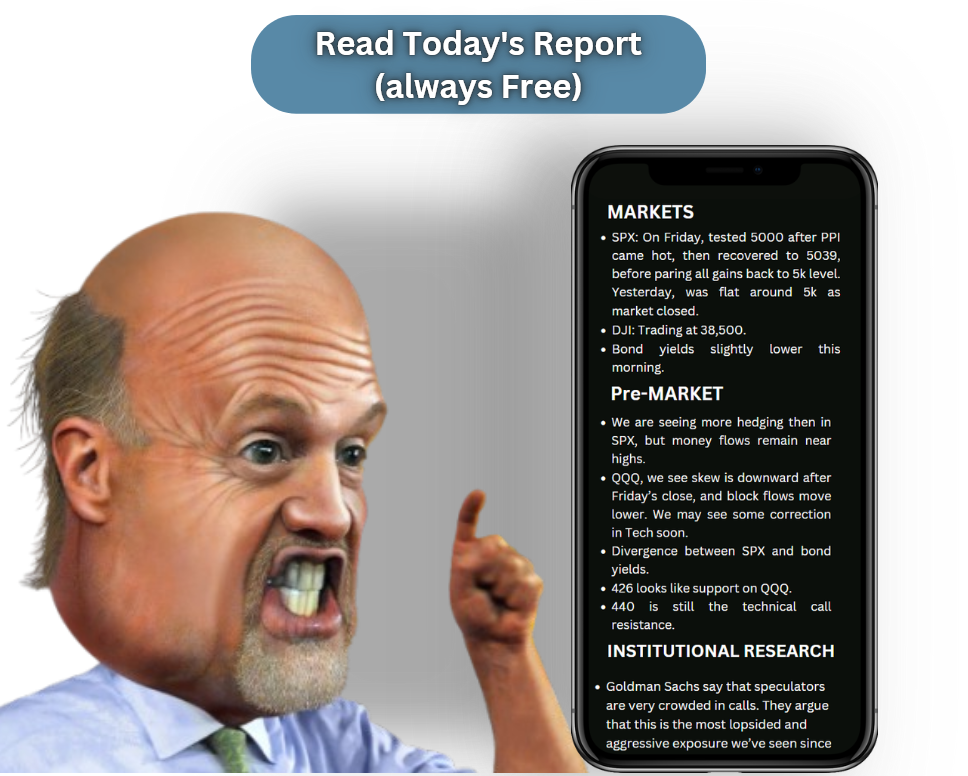Tesla Faces Significant Challenges Amid Controversy and Poor Sales
Tesla (NASDAQ: TSLA) has been a focal point of debate among investors, with opinions sharply divided regarding its future. Recent events have intensified these divisions, particularly concerning CEO Elon Musk’s controversial political engagements.
As an influential figure, Musk has stirred mixed reactions with his association with U.S. President Donald Trump, initiatives like his push to reduce federal employees through the Department of Government Efficiency (DOGE), and support for Germany’s far-right AfD party. These actions have raised concerns that might be negatively impacting Tesla.
Stay Updated! Receive Breakfast News in your inbox every market day. Sign Up For Free »
Investor skepticism about Tesla is evident in its stock performance. After gaining momentum following Trump’s election, shares have since lost ground, as optimism around potential benefits for Tesla has waned since his inauguration.
Notably, Cathie Wood from ARK Invest remains a bullish advocate for Tesla. She recently set a $2,600 price target for the stock within five years, predicting that an autonomous vehicle service could drive 90% of that value. Musk has long promoted the concept of a “robotaxi” service, arguing it could establish Tesla as the world’s leading company. However, many believe significant risks could hinder the company’s path to such valuation targets, suggesting that a decline in stock price seems more probable than reaching an $8 trillion market value.

Image source: Tesla.
Declining Sales in Europe
Recent registration data highlights a troubling trend for Tesla’s European operations. In the first two months of the year, registrations dropped by 42.6%, with Tesla capturing just 1.8% of the overall auto market and 10.3% of the battery electric vehicle sector. The decline stems from several issues, including increased competition from cheaper electric vehicles and Musk’s contentious political motives. Furthermore, Tesla has not updated its vehicle lineup, which has led to significant market share losses.
Political Backlash in the U.S.
In North America, Tesla faces unprecedented vandalism at its dealerships and charging stations, seemingly connected to Musk’s activities with DOGE. The situation has alienated some existing Tesla owners, prompting them to sell their vehicles due to their dissatisfaction with the brand’s portrayal. Musk’s political views seem at odds with his customer base, which traditionally supports policies favoring electric vehicles from the opposing political side. Even so, Musk has made clear he won’t shy away from political discourse, even at the expense of financial loss.
Discontent Among Supporters
Even Tesla’s staunch advocates are beginning to express concerns. Longtime shareholder Ross Gerber has urged Musk to resign as CEO, citing a lack of focus on Tesla due to distractions from his political involvement. Similarly, Wedbush analyst Dan Ives recommends that Musk should reduce his commitments to DOGE and concentrate more on the electric vehicle manufacturer.
Disappointing Financial Performance
Tesla’s current valuation reflects that of a disruptive growth stock, but its results align more closely with those of a mature automaker. In 2024, the company saw its vehicle sales decline for the first time in its history, and while total revenue rose by just 1%, automotive revenue fell by 6%. Musk aimed to reassure investors by stating an expected 20% to 30% increase in production. Nonetheless, the electric vehicle market seems to be stabilizing, presenting demand as Tesla’s critical challenge, particularly given the dismal reports from Europe.
Adding to Tesla’s woes, the Cybertruck—the first new model in five years—recently faced a recall of nearly all 46,000 units due to safety risks posed by an exterior panel that could detach while driving. This incident marks the eighth recall associated with the Cybertruck in just over a year and raises further safety concerns. With approximately 46,000 units sold, the Cybertruck’s sales fall short of Musk’s once ambitious expectation of over 1 million reservations.
With multiple recalls affecting various models, Tesla’s product safety issues could jeopardize its plans for an autonomous ridesharing network, which demands a higher safety standard than conventional vehicles.
Is a Plunge to $26 Possible?
While the prospect of Tesla’s stock dropping to $26—a 90% decline from its current value—seems unlikely, it’s more plausible than the market might think. Since going public in 2010, Tesla has never faced a prolonged recession, having only weathered a brief economic downturn during the coronavirus pandemic. Historical precedents show numerous growth stocks fell dramatically during past economic crises, and Tesla’s profile might make it particularly susceptible in a future downturn.
Tesla’s Future Uncertain Amid Economic Challenges and Competition
Tesla’s prospects are increasingly questionable as the market faces economic uncertainties, particularly regarding durable goods purchases, which are often delayed during tough times. Currently, Tesla’s stock is at risk of a significant downturn if market conditions shift. With a triple-digit price-to-earnings ratio and flat sales last year, concerns are growing. This analysis does not account for the emerging brand crisis that appears to have begun this year.
Challenges in Autonomous Technology
While Cathie Wood may argue that Tesla’s robotaxis could represent a major innovation, the company has yet to demonstrate any autonomous rides. In contrast, Alphabet‘s Waymo has successfully completed over 5 million autonomous rides without enjoying the same premium valuation. Currently, Alphabet’s stock trades at a discount to the S&P 500, raising questions about Tesla’s valuation even when considering its potential in autonomous technology.
Upcoming Delivery Reports Impact on Stock
Investors will pay close attention to Tesla’s first-quarter delivery report on April 2. Weak results could trigger a downward trend in the stock, especially if economic conditions continue to deteriorate.
Strategic Risks Facing Tesla
Tesla faces multiple hurdles, including a politically controversial CEO, an aging product lineup, and intensified competition in the electric vehicle sector. Furthermore, consumer fatigue with electric vehicles, product safety issues, potential trade wars, and an overall slumping economy add to the company’s challenges. If performance indicators decline, even Elon Musk’s enthusiasm for autonomy may not be sufficient to bolster the stock.
Opportunity for Investors
If you’ve ever felt you’ve missed a prime opportunity with leading stocks, now may be the time to act. Our team of analysts occasionally issues a strong recommendation, known as a “Double Down” Stock, for companies they believe are poised for growth. If you’re concerned about missing your chance to invest, there’s potential for significant returns:
- Nvidia: If you invested $1,000 when we doubled down in 2009, you’d have $284,402!*
- Apple: If you invested $1,000 when we doubled down in 2008, you’d have $41,312!*
- Netflix: If you invested $1,000 when we doubled down in 2004, you’d have $503,617!*
At this moment, we’re issuing “Double Down” alerts for three remarkable companies, and this may be an opportunity that doesn’t come around again soon.
Continue »
*Stock Advisor returns as of March 24, 2025
Jeremy Bowman holds no positions in the stocks mentioned. The Motley Fool has positions in and recommends Tesla. The Motley Fool has a disclosure policy.
The views and opinions expressed herein are those of the author and do not necessarily reflect those of Nasdaq, Inc.

